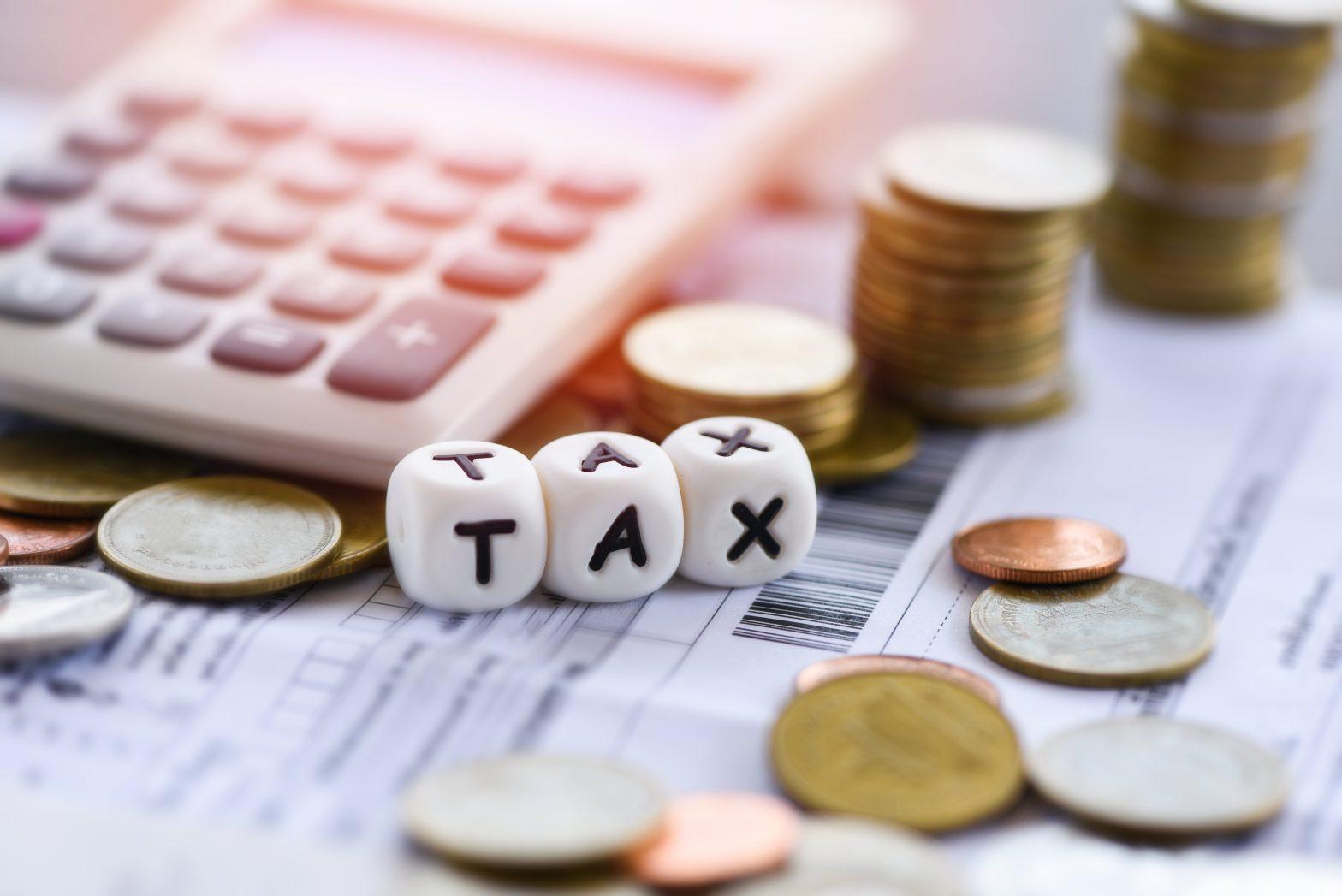An apartment investor can benefit from several tax incentives. Unlike stocks and bonds, commercial real estate and rental property investments offer several tax benefits. These often outpace the property’s cash flow and Net Operating Income (NOI). The current income tax laws allow apartment investors a host of benefits. These include depreciation, opportunity zone tax incentives, 1031 exchange tax incentives, beneficiary deed tax incentives, etc. Such incentives magnify their income and preserve the property’s cash flow. In this article, we will discuss the various tax benefits of apartment investing in the US.
The top 5 tax benefits of apartment investing
1. Depreciation
Real estate assets undergo physical degradation over time. This process of reduction in the value of an asset is known as Depreciation. The IRS tax rules have set the life cycle of apartments to be 27.5 years. Therefore investors can reduce a specific proportion of their property values each year.
Furthermore, they can list this amount as an expense on the income statement of the property. Hence the investors can cite these expenses to reduce their tax liabilities in return. As a result, deterioration or depreciation reduces a real estate property’s overall taxable income.
Accelerated Depreciation is one of the key tax benefits of apartment investing
IRS defines deduction based on depreciation as “a reasonable allowance for the exhaustion of wear and tear including a reasonable allowance for obsolescence”. As mentioned earlier the life of an apartment real estate is 27.5 years. I
f the depreciation expense occurs in equal amounts each year for the entire span of 27.5 years, it is known as straight-line depreciation. However, accelerated depreciation or cost segregation allows apartment investors to gain larger depreciation deductions over a brief time bracket.
Experienced apartment owners and investors can utilize an advanced depreciation strategy known as cost segregation to inflate the depreciation deductions.
Cost segregation identifies and divides the components of an asset into segregated parts of personal property and land improvements.
These items have briefer periods of depreciation ranging from 5 to 15 years. For instance, carpets and furniture reservations are classified as personal property having a depreciation period of 5 to 7 years. Similarly, land improvements include sidewalks, fences, and landscaping that depreciates over 15 years.
Therefore, such shorter time limits for depreciation allow investors to augment their deductions and tax savings faster. Also, they can reduce their property’s overall tax liability even further.
Bonus Depreciation will further ‘accelerate’ the benefits
While cost segregation accelerates depreciation, apartment investors can further aggravate their tax savings with bonus depreciation. The Tax Cuts and Jobs Act of 2017 allow properties purchased after 27th September 2017 to qualify for bonus depreciation.
Bonus depreciation allows apartment investors to deduct up to 100% of the property’s value as depreciation in the first year of ownership through the 2022 tax year.
Therefore investors can deduct the entire cost of their properties right away. Earlier the threshold of bonus depreciation was 50%.
However, The Tax Cuts and Jobs Act (TCJA) raised the limit to 100%. As a result, investors can benefit from a significant proportion of immediate tax deductions.
2. 1031 exchanges
The 1031 exchange tax incentive is also another extremely important tool for commercial real estate investors. Although real estate reaps higher cash flow from the sale of assets, the investors must pay a hefty amount of tax upon the sale.
Therefore, the capital gain which is the difference between the cost basis and the sale price of an asset is excessively taxable at a rate between 15% and 28%.
Section 1031 of the internal revenue service tax code allows investors to defer capital gains taxes to the IRS. The investors are eligible for this benefit when they ‘exchange’ or re-invest the sale proceeds of their initial property into another like-kind property within 180 days of the sale.
However, this like-kind property must be of equal or higher value to the property sold.
Moreover, the like-kind property must be a commercial asset. Hence, the investor cannot use it as a single-family home or their residence.
Furthermore, an apartment investor can partake in a series of 1031 exchanges in perpetuity.
As a result, they can trade to larger properties like retail, industrial, multifamily, or office over time. Hence, these investors can postpone taxes on their capital gains and grow their wealth.
Therefore, 1031 exchanges remain one of the crucial tax benefits of apartment investing.
3. Low-Income Housing Tax Credit (LIHTC)
In addition to Depreciation and 1031 exchanges, the federal government’s low-income housing tax credit (LIHTC) also incentivizes investment in housing real estate.
LIHTC came into effect in 1986 and it provides apartment investors incentives to acquire, construct and rehabilitate affordable housing for low and moderate-income tenants. LIHTC provides private investors tax credits that offer a dollar-for-dollar reduction of their tax liability.
The federal government issues tax credits to the state governments annually. The state governments in turn identify private developers through a competitive process and award them these tax credits.
Generally, LIHTC finances 30 to 70% of the low-income unit costs in an affordable rental housing project. Furthermore, it provides tax credits to investors worth 9% for new construction projects and 4% for rehabilitation projects.
Moreover, investors can claim these credits over 10 years in exchange for providing affordable rental housing to qualified individuals.
Therefore, LIHTC is one of the key tax benefits of apartment investing with its perks of offsetting one’s taxable income.
4. Opportunity zones
Another one of the primary tax benefits of apartment investing is the opportunities zone tax incentive. The Tax Cuts and Jobs Act of 2017 initiated the Opportunity zone program.
The sole purpose of this program is to encourage investments in some of the lowest-income communities and areas throughout the United States.
As a result, the opportunity zone program is essentially an economic development strategy. So, it focuses on spurring economic growth and job creation in underprivileged communities.
Investing in a qualified opportunity zone allows investors to delay paying taxes on their capital gains until December 31, 2026. However, they can benefit from this incentive only when they invest in an opportunity fund that must deploy at least 90% of its assets in the form of qualified capital gains in a qualified opportunity zone.
Thus, investors can reduce their capital gain taxes by 10 to 15% if they hold their investment for more than 5 years.
Also, if the investor holds their investment for a minimum of 7 years, they can boost their capital gains tax by a further 5%.
In addition to this, the investors who hold the investment for at least 10 years can eliminate their capital gains taxes on the appreciation they realize at the time of the investment’s sale or exchange.
Read our blog on Opportunity zones and their various tax benefits here.
5. Beneficiary Deed Tax Incentive / Legacy Transfer
Not only do the tax benefits of apartment investing help the investors but also they can be substantially advantageous for an investor’s heirs or beneficiaries.
The Beneficiary Deed Tax Incentive allows the transfer of an investor’s real estate asset legacies to their heirs on a step-up on a cost basis. Hence the beneficiaries need to pay taxes only on the appreciated market value of the asset.
For instance, if a commercial real estate investor purchases an apartment for $4 million and its value increases to $6 million before the investor passes away, the investor’s heirs only need to pay taxes on the $2 million that the property has appreciated.
Therefore, this eliminates all the previous capital gains tax that would be taxable on the entire $6 million. Thus, the beneficiaries inherit properties without any additional baggage of past taxes.
Tax benefits of apartment investing – real estate investments just got a whole lot better
These multitudes of tax benefits of apartment investing or commercial real estate investments, in general, contribute to the equity growth, positive cash flow, and appreciation of the investors.
By providing private investors with the much-needed tax incentives, the federal government maximizes their concessions and makes them more tax-efficient.
On the other hand, the Federal Government also stimulates the development of affordable rental housing for impoverished communities around the country.
However, apartment investors must be thoroughly aware of the eligibility criteria for availing of the tax benefits of apartment investing. Hence, consulting with seasoned tax professionals will help commercial real estate investors significantly.
They can reap the advantages of depreciation, 1031 exchanges, Opportunity zone tax incentives, and various other tax incentives for commercial real estate investments.

